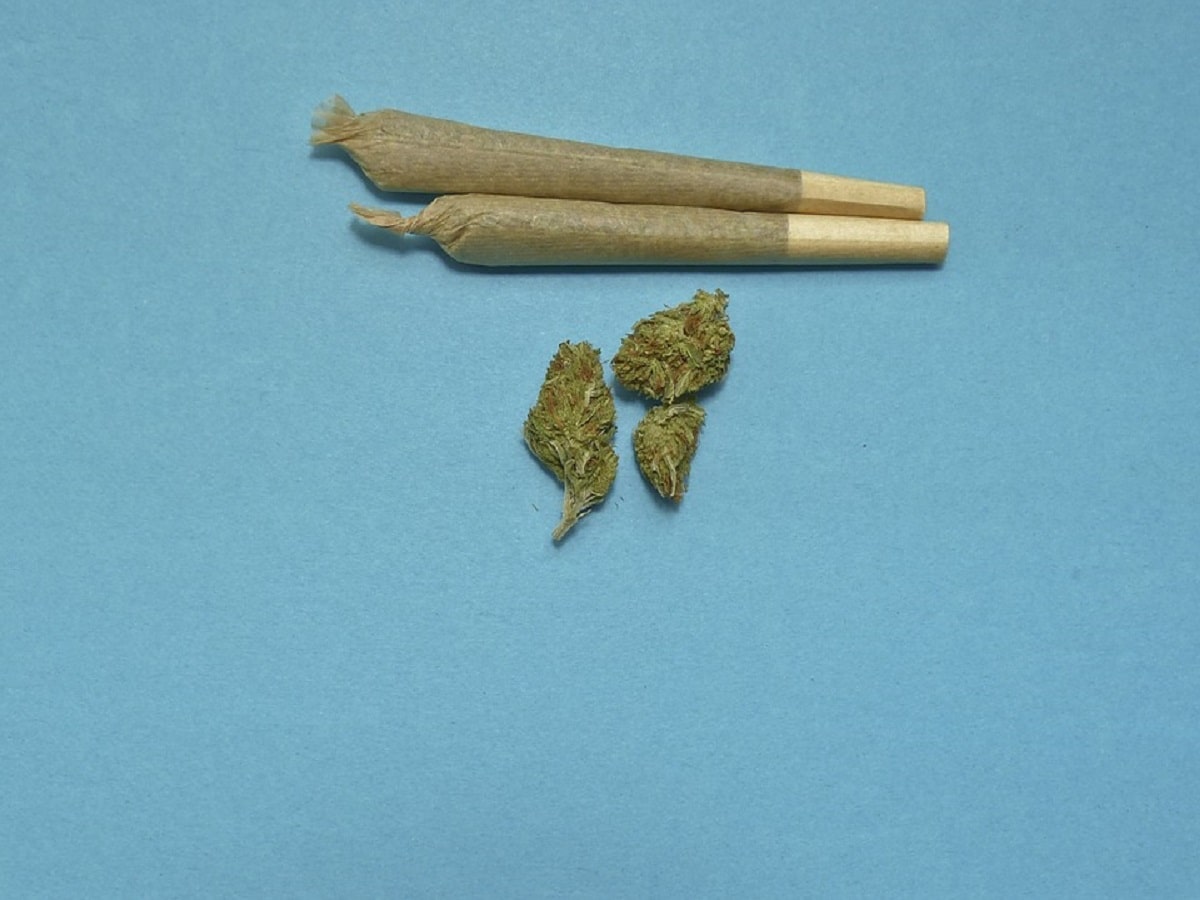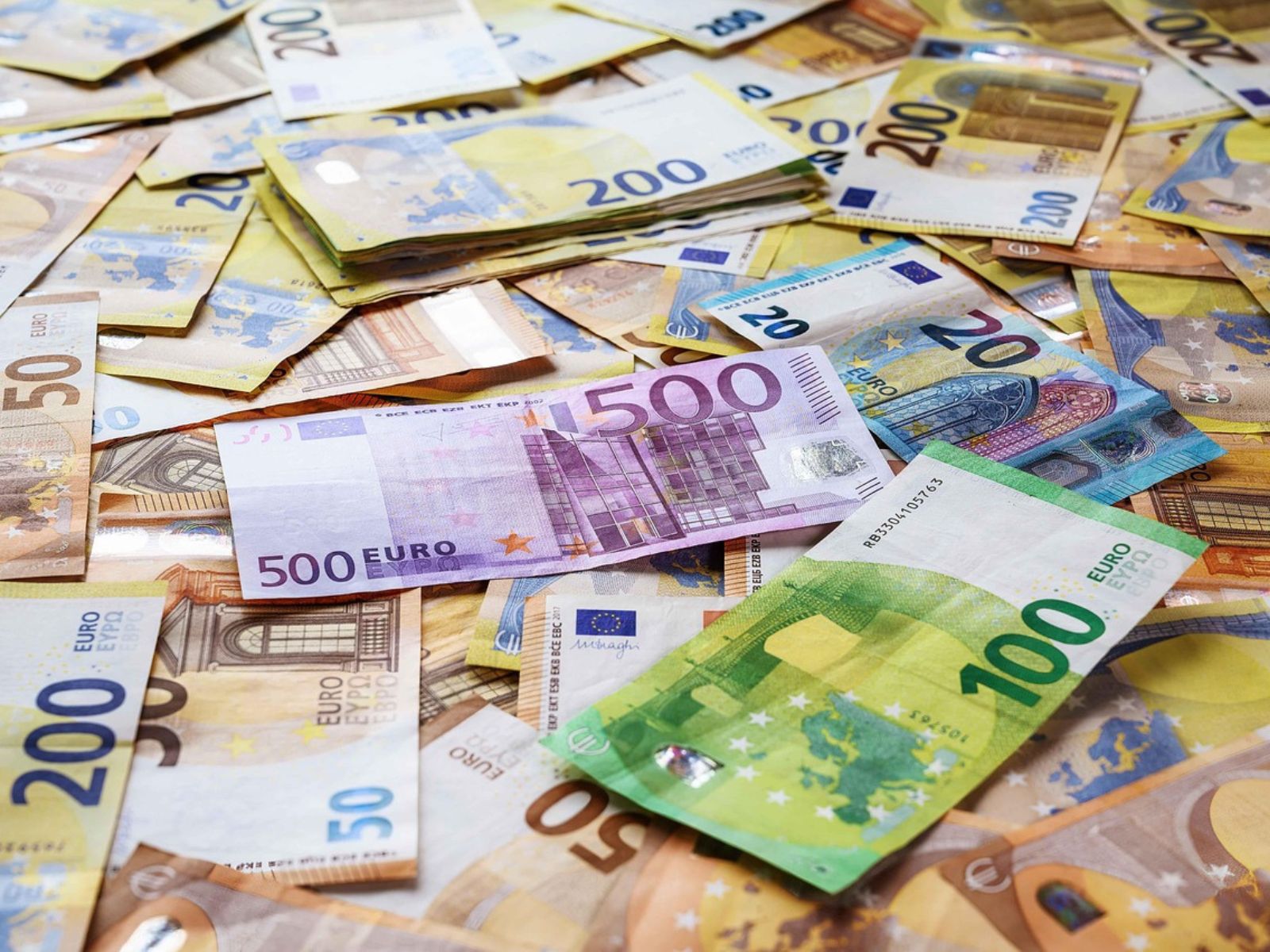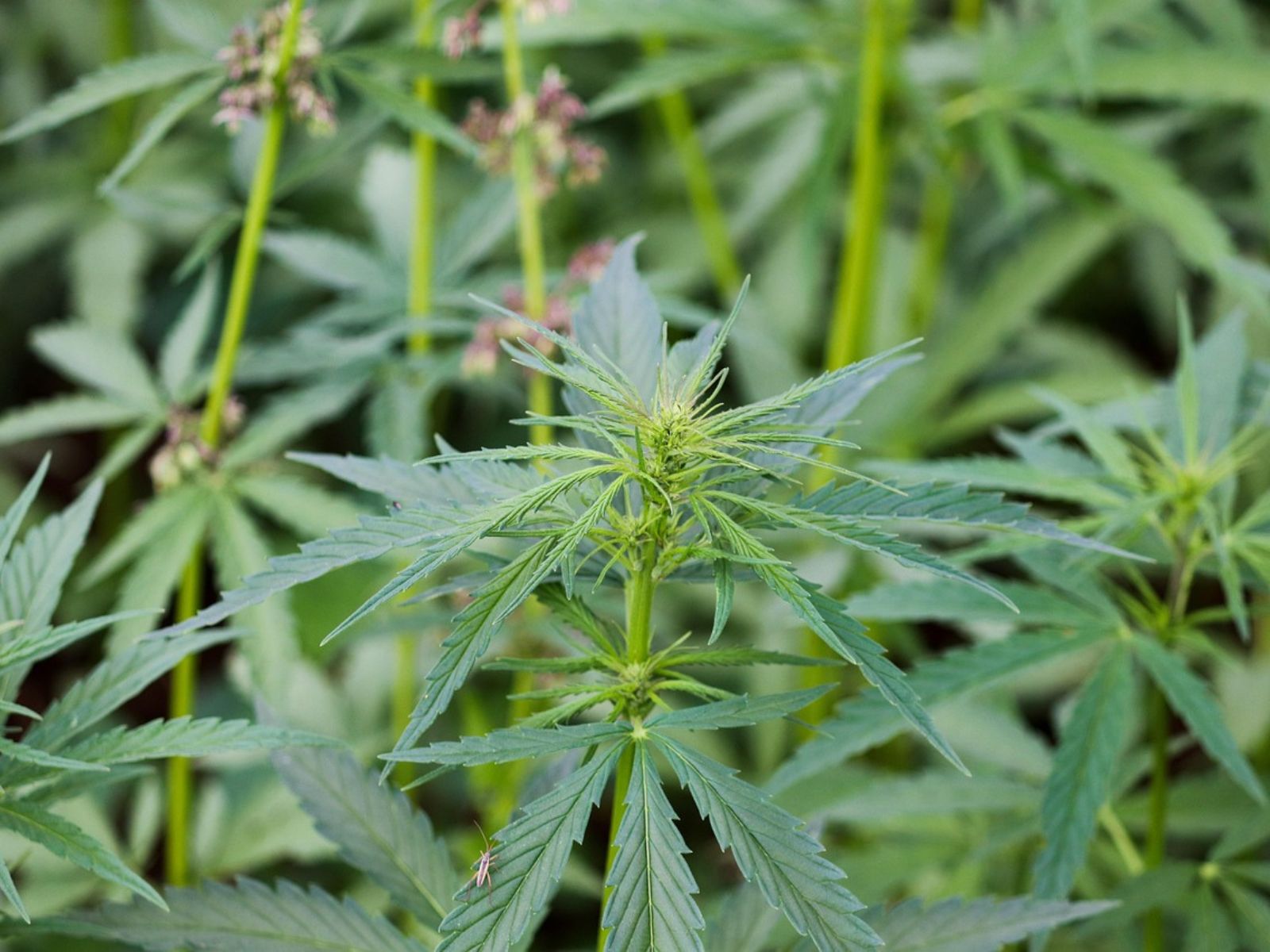
Hemp Flowers Are Now Subject To Austria’s Tobacco Tax

Hemp Flowers Are Now Subject To Austria’s Tobacco Tax
The level of popularity for hemp flowers among cannabis consumers has exploded in recent years, particularly in Europe. ‘Cannabis light,’ as it is sometimes referred to, contains low enough levels of THC that many markets in Europe permit sales of it.
Whereas adult-use cannabis commerce for products derived from non-hemp sources remains illegal throughout most of Europe, commerce involving hemp products is often legal to some degree. Hemp flowers are a bit of a grey area from a regulatory standpoint in much of Europe. In Austria, a recent court decision declared that hemp flowers are subject to the nation’s tobacco tax.
“The Austrian Administrative Court (VwGH) has recently ruled that dried hemp flowers with a THC content of up to 0.3% are subject to tobacco tax.” reported Cannabis Industrie in its original coverage. “In addition to the tax liability, these products are also subject to the Tobacco Monopoly Act, which means that they may only be sold through tobacco shops.”
“The decision of the VwGH could have far-reaching consequences for the cannabis industry in Austria. Producers and distributors must now adapt to the new regulations and comply with the sales restrictions. This could lead to a shift in the market and possibly new legal challenges.” the outlet also reported.
According to analysts at the Tax Foundation, Austria places a €3.32 excise duty per 20-pack of tobacco cigarettes. An additional ‘value added tax’ or VAT is also placed on tobacco products, raising the total tax per pack of tobacco cigarettes to €4.23. The Tax Foundation estimates that tax as a share of the final selling price per pack of tobacco cigarettes is 77%.
Regulators across Europe, and many other parts of the world, are struggling to rectify the inconsistencies in laws and regulations pertaining to consumable hemp products. For many years, hemp products were largely limited to textiles. However, many savvy entrepreneurs are bringing more consumable hemp products to emerging markets, and policymakers are scrambling to try to catch up.
Share article
Ticket Prices increase €200
On March 18th

Ticket Prices increase €200
On March 18th

Ticket Prices increase €200
On March 18th
Share article
Join Our Awesome Community
Join Our Awesome Community
Join Our Awesome
Community
Get all the latest industry news
delivered to your inbox







